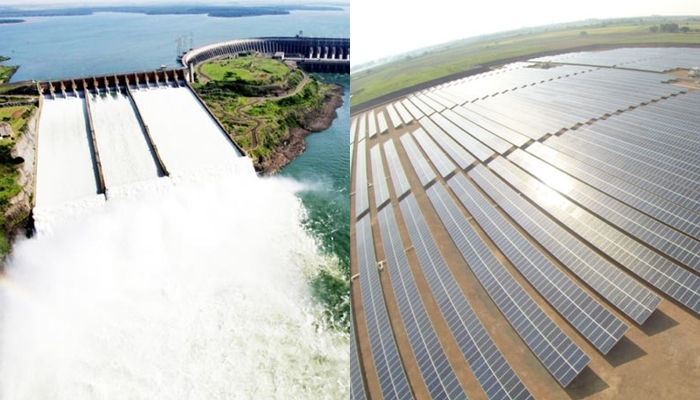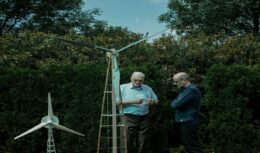
With a favorable expansion plan, wind and solar energy generation will increase by around 28% until 2027, maintaining the same level of expansion without the need for more hydroelectric plants
As the second largest producer of hydroelectric power after China, Brazil now intends to maintain the same level of wind and solar power generation, leaving aside projects to build hydroelectric power plants, which despite being renewable too, is highly intrusive and causes many environmental impacts.
You may also be interested
- Many open vacancies by the multinational General Motors for middle and higher level students
- High school students from the Occupational Safety area are summoned today to Rio by the world leader Subsea7
- Brutal selective process of Bioenergética Aroeira with many job openings in Minas Gerais
Currently, most hydroelectric plants in Brazil are located in the Amazon watershed. For the year 2020, Brazil has drawn up a 10-year energy expansion plan. The company forecasts its non-hydro renewable demand to grow by 3% per year. It is expected to reach 28% of the domestic energy mix by 2027.
This plan, which will focus on optimizing solar energy, is called the Ten-Year Energy Expansion Plan. (PDEE) 2027. Its main objective is to increase Brazil's photovoltaic solar capacity. The mentioned plan will make the installed solar PVs increase their capacities to reach 8,6 gigawatts (GW) by 2027. Currently, the country, through energy auctions of new and existing projects, supports the development of utility-scale PVs. These auctions are supervised and carried out by the National Electric Energy Agency (Aneel)
Plans to increase the allocation of non-hydro renewable sources include distributed solar generation. This means off-grid arrays of up to 5 MW. Brazil currently has more than 500 MW of installed distributed generation solar capacity.
In 2019, more than 49.000 solar photovoltaic systems were operational under net metering in Brazil. Approximately 75% of these systems are installed in residential areas.
Aneel what to tax solar energy for the consumer?
In Brazil, residentially generated solar energy can be used in 2 different ways: Home generation for own use or returning it to the concessionaire, generating credits and deducting the invoice amount, which often even zero the account.
Aneel's justification for charging for solar energy generation is because consumers use the grid infrastructure to return excess energy and be entitled to credits. The public consultation ended on December 31 and with it, concerns from companies and mainly from civilians about the viability of implementing the system.
It is also worth mentioning that this taxation project refers to energy returned to the concessionaire, now if you intend to generate photovoltaic energy for your own consumption, there is no tax whatsoever.
The Chamber of Deputies will vote on a Bill to stop this taxation
After the great negative repercussions, President Jair Messias Bolsonaro said early this Monday (06):
“I just spoke with Rodrigo Maia and Davi Alcolumbre about the taxation of solar energy proposed by ANEEL. The President of the Chamber will put to the vote a Bill, as a matter of urgency, PROHIBITING TAXATION on energy generated by solar radiation. So will the President of the Senate.”
Learn to install solar panels, generate your own energy or open your own business
There is a great course in the market that has trained hundreds of professionals like Solar Energy Installer. RedePetro-CE, administered by its president Vanisio Pinheiro, offers training in the area and, best of all, there is no need for prior technical training to take the course. One part of the learning is online and the other part is face-to-face. In it, you will learn all the installation parameters and where to purchase the work material at the lowest possible cost, including all logistical support. CLICK HERE AND BECOME A SOLAR ENERGY INSTALLER NOW.












Good morning, I am the owner of a Hyundai…
I have never exchanged to any country.…
Shooting someone who doesn't fight back is easy,...
The article is promotional for the Venezuelan government,…
There is no other correct direction, other than…
When GM removes these engines from…
They’re just going to take away the name Onix and…
Looking for a position as a hydraulics foreman